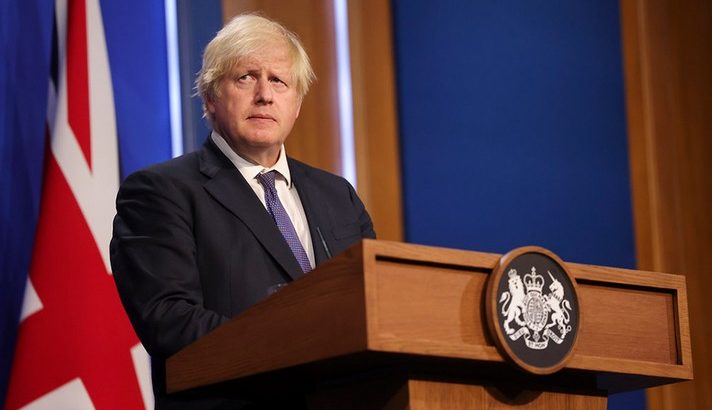The Prime Minister Boris Johnson has announced that from 19th July 2021 most of the remaining COVID-19 restrictions will be lifted. Once we get past the predictable political back and forth, which forms the theatre of any government announcement, we see that the mismatch of opinion remains. Many ordinary people are at odds with each other, friends and families divided, on whether restrictions should be lifted and how we should behave. One family member commented to me that “the next battle of the culture wars will be on mask wearing”.
The answer of Boris Johnson and his advisors is an appeal to neighbourliness. In crowded indoor places we are encouraged to wear masks, not foremost of our own protection but for the protection of others. In addition, we are encouraged to think of others, their comfort and anxiety as well as their safety.
The appeal to neighbourliness may be weightier if it is grounded in theology. Jesus Christ calls his followers to “Do unto others as you would have others do unto you”. Similar appeals to charity, service and neighbourliness are present in other religions, too, such as sewa, in the case of Sikhs and Hindus, sadaqa and zakat for Muslims, and tzedakah for Jews. But the problem the Prime Minister faces is that, in an age which champions the rights of the individual to an almost fanatical degree, it is increasingly hard to call for us as a nation to lay down our lives (or even simply our exercise of personal choice) for each other. If every person is the ultimate arbiter of their own personal freedom, there is no room for the consideration of the other. When Boris Johnson asks us to consider curbing our choices and freedom for the sake of others our unspoken response is a whiny “I don’t wanna!”
There has been widespread appreciation of how faith communities have responded to the COVID-19 crisis in tandem with the wider voluntary sector (see the APPG for Faith and Society Keeping the Faith report, and Stepping Up and Stepping Out, from the Good Faith Partnership). This has coincided with a growth in the use of the ‘VCFSE’ acronym to describe civil society sector (Voluntary Community Faith and Social Enterprise). However, as faith organisations our purpose is not to be simply an independent service delivery sector. There is also a necessary role for us in influencing and shaping a better society. With that in mind, it might have given greater weight to the Prime Minister’s appeal if he had drawn from faith to ground his call for neighbourliness.

